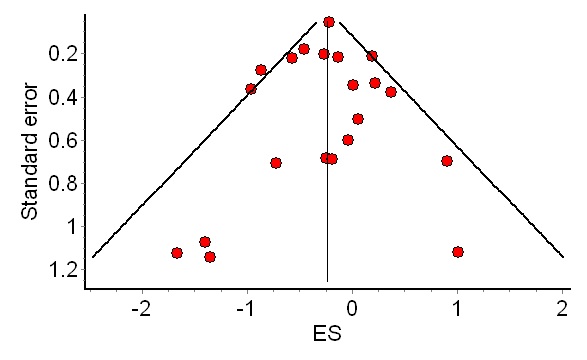
A group of researchers in China may be asking for a refund after, they claim, they got bad advice from a course in writing meta-analyses that led to a retraction for plagiarism and other problems.
They may not be alone. We’re aware of at least nine articles with similar issues that have been retracted so far, part of a batch of eye-catching meta-analyses.
Suspicions about the now-retracted 2014 paper — and dozens of others — emerged in October of that year, when Guillaume Filion, now at the Centre for Genomic Regulation in Barcelona, wrote a blog post about the articles. Filion and a colleague, Lucas Carey, of Peking University, had noticed a flurry of meta-analyses by researchers in China that had appeared in CISCOM, the articles repository for the Research Council for Complementary Medicine. As Filion wrote:
Continue reading ‘Beggers’ can’t be choosers as another meta-analysis is retracted



 A lab at the University of Malaya has lost two papers and will have to correct five more — just from one publisher — over poor lab practices.
A lab at the University of Malaya has lost two papers and will have to correct five more — just from one publisher — over poor lab practices. The journal
The journal  For a host of reasons, a journal has retracted a paper co-authored by a researcher who reportedly once faced charges of practicing medicine without proper qualifications.
For a host of reasons, a journal has retracted a paper co-authored by a researcher who reportedly once faced charges of practicing medicine without proper qualifications. 
